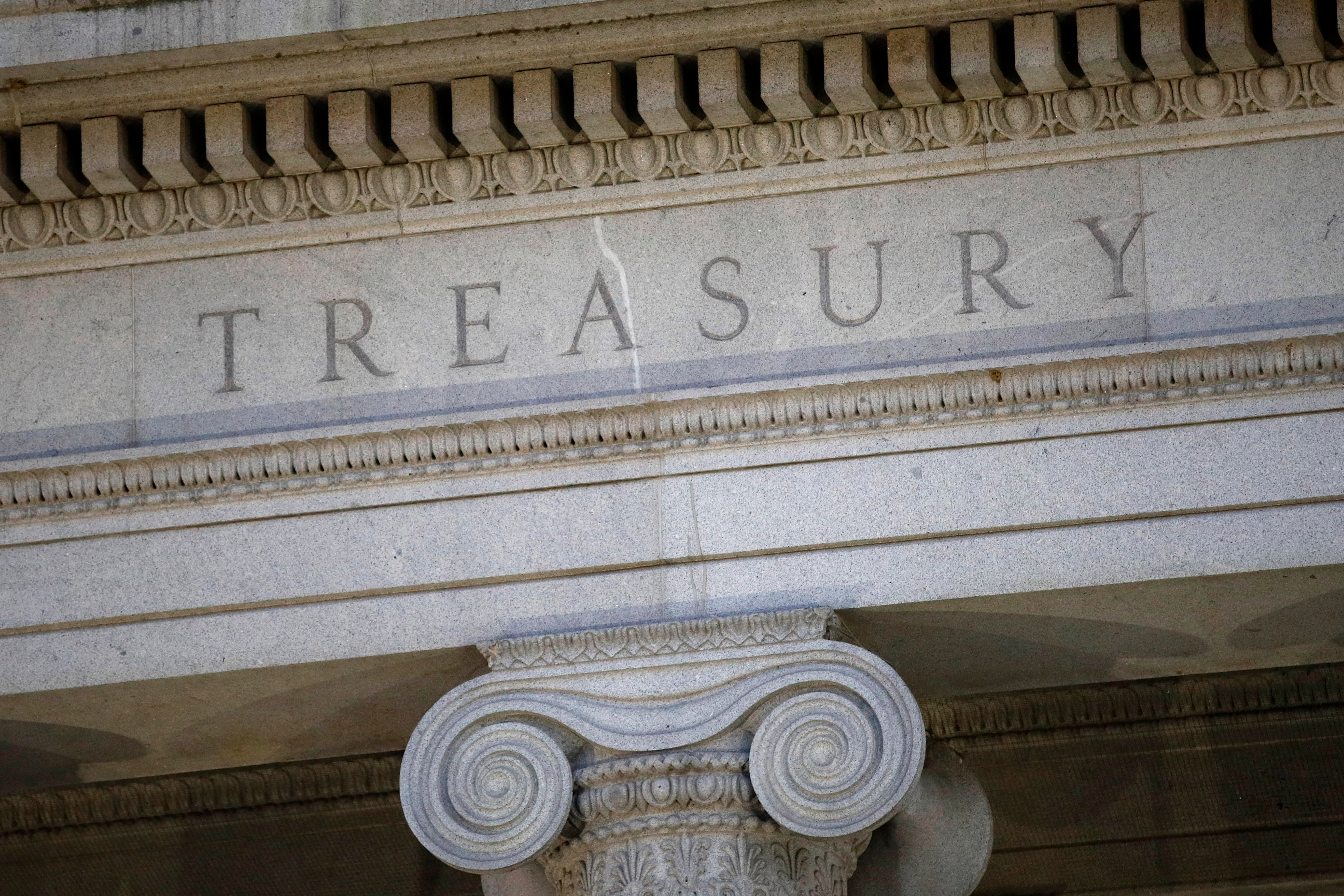US Treasury official pushes Lebanon to halt the flow of funding to Hamas
A top U.S. Treasury official has pressed Lebanese authorities to prevent funds from being funneled to Hamas by way of Lebanon during a visit to Beirut

Your support helps us to tell the story
From reproductive rights to climate change to Big Tech, The Independent is on the ground when the story is developing. Whether it's investigating the financials of Elon Musk's pro-Trump PAC or producing our latest documentary, 'The A Word', which shines a light on the American women fighting for reproductive rights, we know how important it is to parse out the facts from the messaging.
At such a critical moment in US history, we need reporters on the ground. Your donation allows us to keep sending journalists to speak to both sides of the story.
The Independent is trusted by Americans across the entire political spectrum. And unlike many other quality news outlets, we choose not to lock Americans out of our reporting and analysis with paywalls. We believe quality journalism should be available to everyone, paid for by those who can afford it.
Your support makes all the difference.A top U.S. Treasury official visiting Beirut this week pressed Lebanese authorities to prevent funds from being funneled to Hamas by way of Lebanon, officials said.
Jesse Baker, deputy assistant secretary of the Treasury for Asia and the Middle East in the Office of Terrorist Financing and Financial Crimes, met with Lebanese politicians and officials from the financial sector Thursday and Friday.
His visit came as negotiations for a cease-fire between Israel and Hamas in Gaza appear to have stalled. Should the war continue during the Muslim holy month of Ramadan, which could begin late Sunday, many fear a regional escalation, including in Lebanon. Near-daily low-level clashes have taken place between the Lebanese militant group Hezbollah, a Hamas ally, and Israeli forces for more than five months.
A Treasury official who spoke on condition of anonymity to discuss sensitive matters said Baker had shared with Lebanese authorities “specific concerns" about "the movement of Hamas funds through Lebanon, Hezbollah funds from Iran into Lebanon and then out into other regional areas” and called for “proactive measures” to combat it.
The official said that the groups need the flow of funds to pay their fighters and conduct military operations and cannot achieve their aims otherwise.
The Treasury official added that, for Lebanon, showing compliance with global anti-money-laundering and counterterrorism financing standards is key to attracting investment from the U.S. and the rest of the world and to pulling the country out of its protracted crisis.
Baker pushed for Lebanon to crack down on the large sector of illicit financial service companies that have flourished amid the collapse of the country’s formal banking system over four years of economic crisis, including illegal money exchange and unlicensed money transfer operations, the Treasury official said.
Those businesses — along with a cash economy that the World Bank has estimated amounts to nearly 46% of Lebanon's GDP — have offered workarounds for people and groups barred from the formal financial system by U.S. sanctions, including Hamas and Hezbollah, both of which Washington considers terrorist organizations.
Walid Kilani, a spokesperson for Hamas in Lebanon, said he had “no information” about the matter.
Halim Berti, spokesperson for Lebanon's central bank, confirmed that officials with the institution had met with Baker and described the meetings as “very positive.”
He said that the central bank is doing its part to regulate licensed financial services businesses but that those operating without a license are “not in our jurisdiction” and should be dealt with by law enforcement.